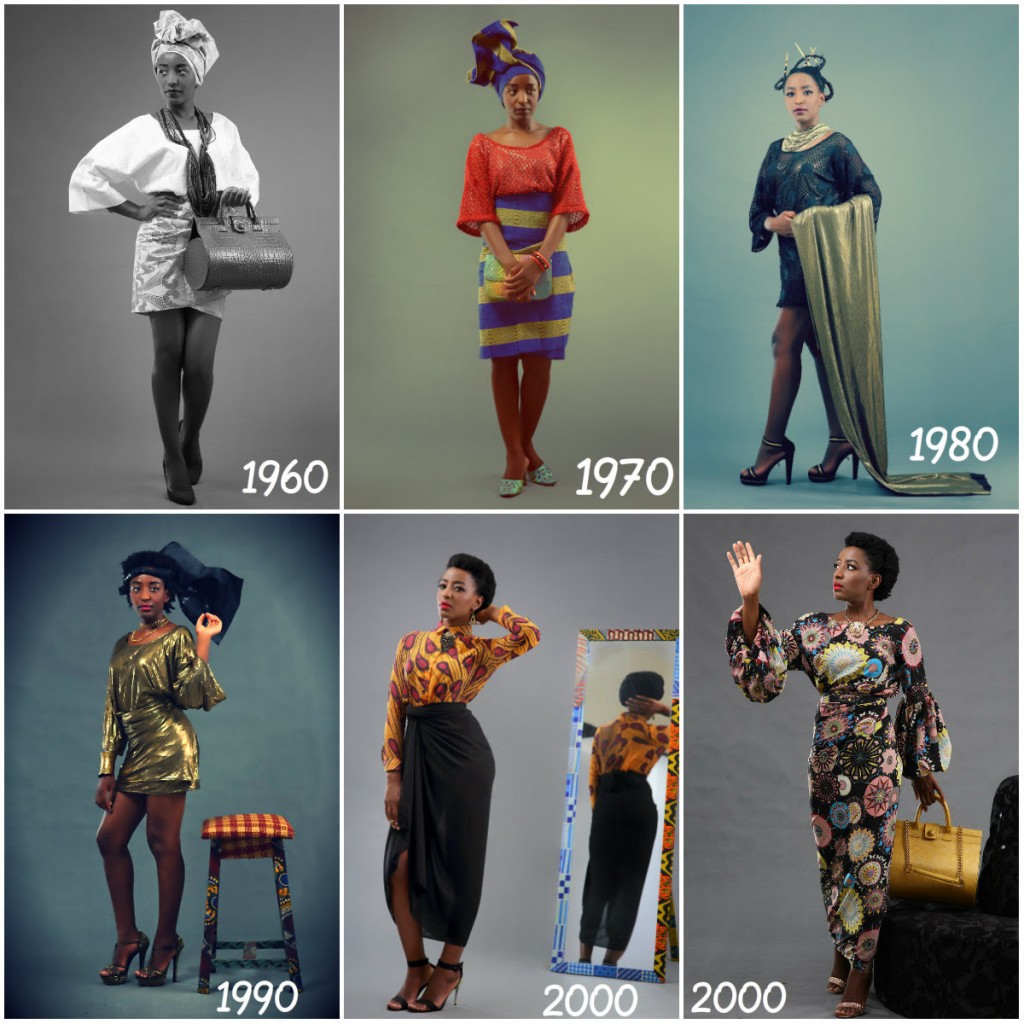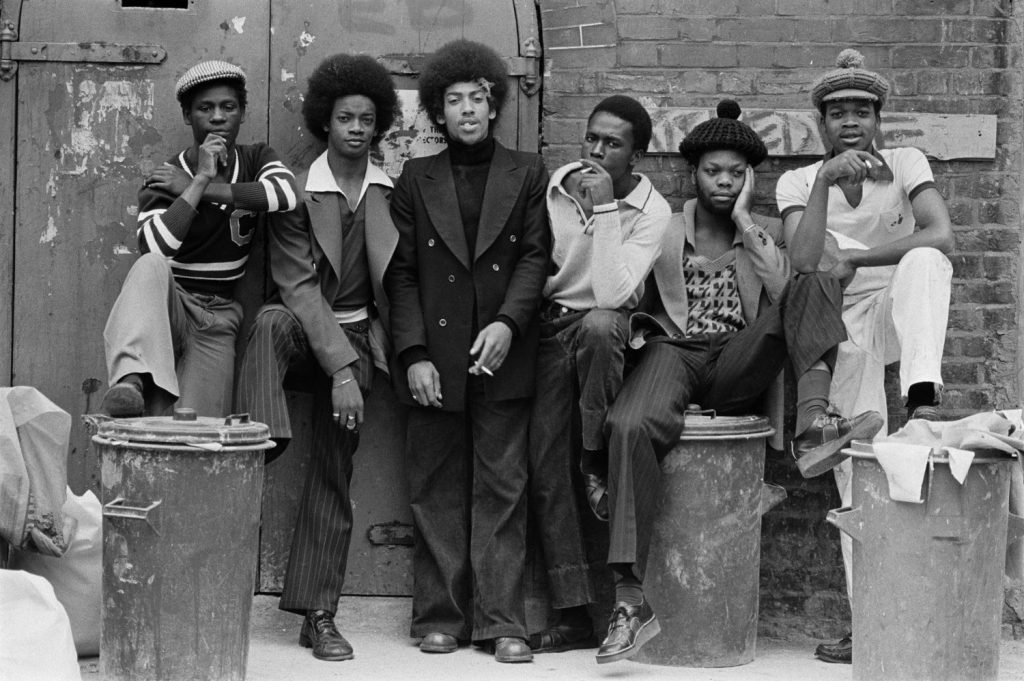
Source: www.doriaadouke.com
During the 1960s, Nigerian women commonly wore long dresses and hats. Their outfits varied between fitted and oversized and were often complemented by permed, well-sprayed Afros. This era witnessed the rise of mini skirts and dresses as a prominent trend in the fashion industry. Additionally, vibrant colours were introduced for men, and there was a notable fascination with prints and patterned fabrics. Men sported loud, colourful, patterned shirts. They also rocked boot-legged pants, snugly fitted shirts with bold prints, and completed their look with an impressive Afro hairstyle.
In the 1970s, the fashion trend for Nigerian women revolved around the popular „oleku“ style, characterized by baggy-sleeved bubas worn over iros that ranged from just above the knees to mid-thigh. Men, on the other hand, embraced the fashion of agbadas and dashikis, which have since made a remarkable comeback. For a more Westernized look, vibrant colours were used. Additionally, the seventies witnessed the rise of jerry curls and perms for both men and women. „Matching“ outfits also became increasingly common during this era.
The 1980s marked a shift towards oversized fashion, where bigger was considered better. Women favoured maxi skirts, while men embraced baggy suits. Chunky jewellery, large perms, and wild afros were prominent. Some fashion trends from that time may seem absurd by today’s standards, such as the simultaneous wearing of leg warmers, sweaters, and miniskirts, all in vibrant colours.

Source: www.melaninful.net
The 1990s brought subtle changes to Nigerian fashion, incorporating elements heavily influenced by American culture. Capri pants emerged as a popular choice, alongside miniskirts and „scousers,“ which were shorts and skirts combined. Boubous became the go-to attire for traditional wear during this era. Men’s fashion also experienced transformations, with narrower trouser hems and looser waists. Short hairstyles like buzz cuts and fades gained popularity, replacing curl activators and relaxers. American hip-hop, films, and lifestyles had a huge impact on fashion.
American fashion continues to influence the preferences of many Nigerians, although a significant number are now embracing local clothing and wearing them to official and social events. Lightening creams have become popular, and Nigerian footwear designers are blending various eras by incorporating traditional fabrics like Aso-oke into Western shoe styles. Hairstyles among young Nigerian men and women showcase intricately threaded and woven designs, often resembling cobwebs or waves. Like in the rest of the world, Nigerian fashion follows a cyclical process, with trends resurfacing over time.



